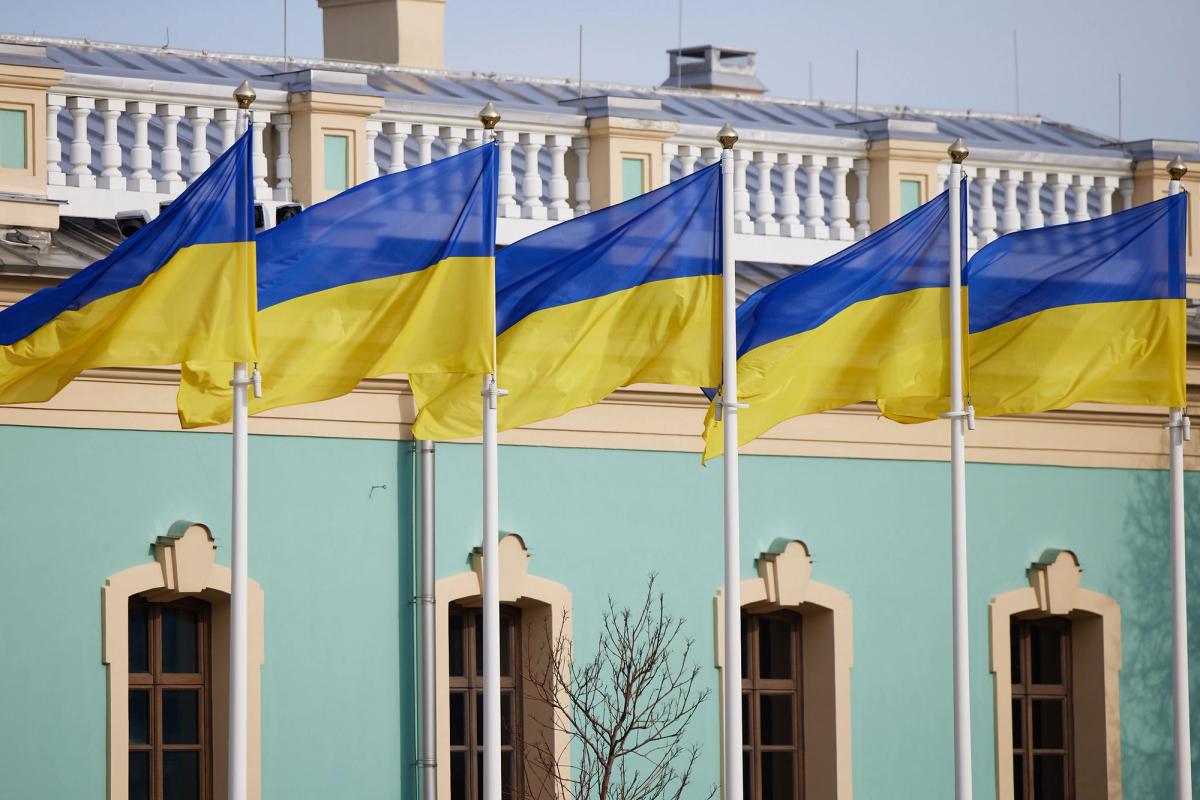At last week's inauguration of Manifesta 14, the nomadic European biennial that is currently being held in Kosovo, the founding director of the event, Hedwig Fijen, announced her plan to hold the event in Ukraine in 2028. This news was met with wide enthusiasm by Ukrainian cultural workers, who saw it as essential support to its striving art scene during a desperate time of war.
The Ukrainian Institute, a governmental organisation based in Kyiv that is affiliated with the Ukrainian Ministry of Foreign Affairs and is responsible for international cultural diplomacy and collaboration, would overlook the preparations for the event locally. After the announcement from Fijen, the institute has begun negotiating preliminary agreements with cultural organisations in Ukraine and internationally.
The organisers from Ukraine highlight that the main contribution of the biennial to the country's cultural development would be the regional decentralisation of cultural production: “The proposed central idea for Manifesta 17 is to establish a network of new art and culture educational institutions in different cities and towns across Ukraine by 2028,” according to a spokesperson from the Ukrainian Institute.
One of the obvious conditions in creating this new network is maintaining the integrity of the Ukrainian state. The ongoing war clearly presents an obstacle to this but the Ukrainian organisers also emphasise the importance of Ukraine as a threshold territory that marks the border between Europe and Russia. “This war has once again proven the strength of civic resistance of the Ukrainian people and resilience of its cultural sector,” the spokesperson says. Indeed, the experience of witnessing the atrocities and destruction by the Russian army has provoked increased resistance by Ukraine’s artists and cultural establishments.
Here are some of the reasons that I believe holding Manifesta in Ukraine would be beneficial to both European and Ukrainian art scenes.
- Bringing Manifesta to Ukraine will further foster exchange with European countries and internationally, solidifying the cultural network that has already been strengthened due to the increased presence of Ukrainian artists and cultural managers abroad.
- Ukraine’s capacity to develop a strong contemporary art scene has been undervalued for years. Recently, the surge of international exhibitions showing Ukrainian artists has demonstrated that art production in Ukraine is blossoming despite all the difficulties artists face, from displacement to death. In solidarity and a shared spirit of resilience, the institutional network inside the country is also growing, bridging a variety of non-profit, governmental and commercial initiatives.
- Manifesta is currently being held in Kosovo, where a recent escalation with Serbia led to the closure of parts of their shared border on 31 July. It is important to recognise politically disputed territories as agents of cultural impact: the biennial in Kosovo not only gives voice to underrepresented countries and discriminated minorities but also emphasises the necessity of focussing on conflict zones.
- In 2014, the organisers of Manifesta were criticised for bringing the event to St Petersburg amidst Russia's ongoing war in Ukraine. Ukrainian and Estonian artists at that time presented several projects that were threatened with censorship (such as the projects by Kristina Norman and Maria Kulikovska) by the State Hermitage Museum, where the event took place. Given the recent statements by the director of Hermitage Mikhail Piotrovsky, who sees Russia’s cultural activity as part of a larger “offensive” on Ukraine, holding the event in Ukraine would be a powerful decolonial gesture.
- Finally, Manifesta formally defines its mission as “seeking fresh and fertile terrain for the mapping of a new cultural topography” while avoiding recognised dominant centres of artistic production, in order to discover new emerging centres of contemporary art in Europe. As the Russian art market is virtually withdrawing from the international scene due to political controversy, Ukrainian cities—with the cultural diversity of what is the largest country fully in Europe—show great promise for the creation of new networks and the potential to become a fresh alternative.
• Svitlana Biedarieva is a Ukrainian art historian, artist and curator based in Mexico City


